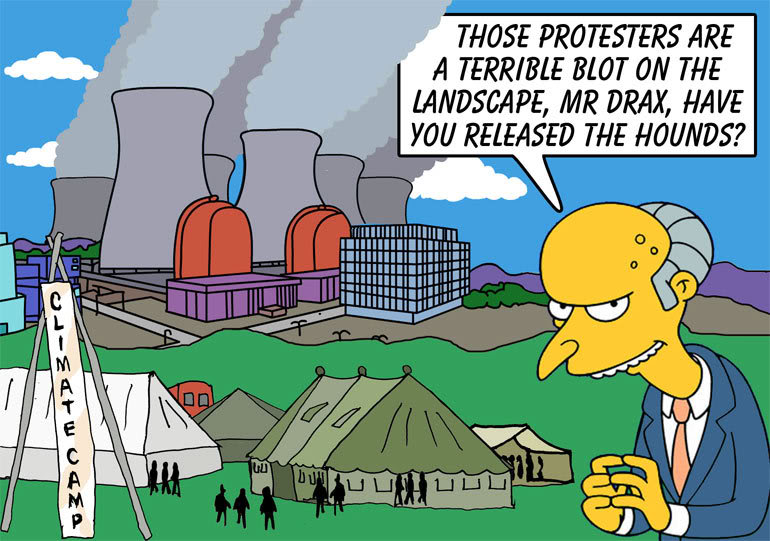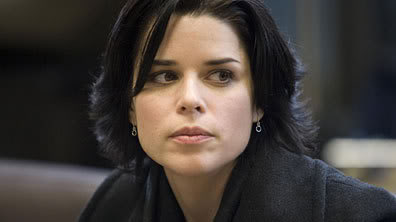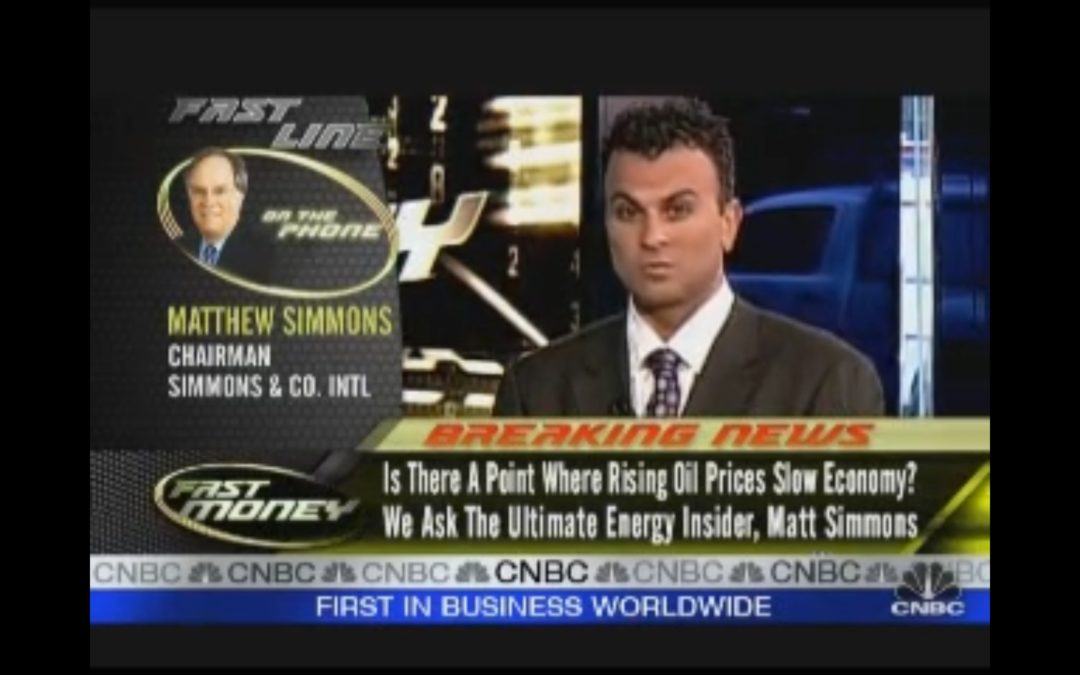
by Shaun Chamberlin | Jul 29, 2008 | All Posts, Uncategorized
The Camp for Climate Action starts this Sunday and runs for just over a week, until Monday 11th August. I will be there giving a workshop in partnership with the Zero Carbon Britain team (on the Wednesday – full workshop list here), and I urge all of you in the...

by Shaun Chamberlin | Jul 29, 2008 | All Posts, TEQs (Tradable Energy Quotas)
I am honoured to have been shortlisted for this year’s Sheila McKechnie Foundation Environmental Campaigner Award, for my work on TEQs.…

by Shaun Chamberlin | Jul 27, 2008 | All Posts, Climate Change, Cultural stories, Favourite posts, Philosophy, Politics
Since my earlier review of Burn Up I have discovered a comment on the film posted yesterday by Jeremy Leggett, one of the few with any media profile to openly discuss the interplay of peak oil and climate change. In his piece Leggett asks: “Why do the...

by Shaun Chamberlin | Jul 27, 2008 | All Posts, Climate Change, Cultural stories, Peak Oil, Politics, Reviews and recommendations
I have just watched the BBC’s outstanding thriller Burn Up, starring Rupert Penry-Jones, Marc Warren, Bradley Whitford and Neve Campbell (trailer available here). It is a dramatic account of the intrigue, betrayal, sex and violence surrounding characters in the...

by Shaun Chamberlin | Jul 17, 2008 | All Posts, Cultural stories, Peak Oil
Thanks to the Oil Drum‘s Peak Oil Media Watch I recently came across this fascinating video clip from the “Fast Money” programme on American business news channel CNBC. In the extract the studio panel are discussing the rise in oil prices and –...







Recent Comments